By Amit Roy
BBC TV’s wonderful six-part adaptation of Vikram Seth’s novel, A Suitable Boy, ended last Monday (24), with 20-year-old Lata Mehra deciding to marry the man her mother, Mrs Rupa Mehra, had wanted all along.
Lata probably chose wisely in the nice, considerate and down-to-earth shoemaker Haresh Mehra, though some had hoped she would make a statement by picking Kabir Durrani, the dashing cricketer who was her batchmate at college and played Malvolio while she was Olivia in a student production of Shakespeare’s Twelfth Night.
Of course, her mother disapproved strongly of Kabir because he was Muslim, but that was not the reason why Lata eventually decided he was not right for her. To be sure she loved him passionately, but Lata realised that emotional rollercoasters could prove destructive in the long run.
As for the third suitor – Amit Chatterji, the son of a high court judge in Calcutta – he was a poet, who sent her his book, The Fever Bird, and could be charming and witty. But with Amit – Seth’s alter ego, incidentally – she was unable to establish a deep emotional connection.
Next time we see Lata on television, she will be 80 and looking for a suitable match for her grandson. This is because Seth is working on A Suitable Girl, a sequel to A Suitable Boy which was published in 1993, after the author had spent eight years working on the novel that has been described as “a love letter to India”.
While A Suitable Boy is set in 1950- 1952 in the fictional town of Brahmpur as India holds its first general election, the events in A Suitable Girl take place in 2012, in a society much changed from the one Lata had known as a young girl. Were it to be left entirely to Seth, Lata’s grandson’s preference might well be for another boy, but perhaps conservative India is still not ready for that kind of novel.
The BBC took a huge risk in putting on A Suitable Boy, a television drama entirely with Indian characters, and that, too, at prime time on Sundays. But judging by most reviews and the spontaneous responses on Twitter, the experiment appears to have paid off.
Working with a cast of over 100 and shooting on location in India, the director, Mira Nair, in close association with the author and the scriptwriter, Andrew Davies, has delivered a remarkable show that will bring credit to the BBC all over the world.
On the face of it, the novel has an easy-to-understand theme running through it – the search for the right husband for Lata. Her mother has found the right man, Pran Kapoor, a college lecturer, for her elder daughter, Savita, and she intends doing the same for 19-year-old Lata.
In fact, the author begins his novel with the line: “‘You too will marry a boy I choose,’ said Mrs Rupra Mehra firmly to her younger daughter.”
But Seth, who was born in 1952, weaves in what is happening in India shortly after independence in 1947 when the wounds of Partition are still raw.
There are clashes between Hindus and Muslims when the Raja of Mahr decides, with malevolent intent, to build a temple right next to a mosque.
But there is sense of brotherhood, too, that cuts across religious lines, exemplified by the friendship between the Congress politician Mahesh Kapoor and the Nawab of Baitar and their sons, Maan Kapoor and Firoz Khan, respectively. There is a scene in which Maan rescues Firoz from a Hindu mob.
Tanya Maniktala turns out to be a sparkling Lata, but perhaps the standout performance in the series was Bollywood star Tabu’s portrayal of the courtesan Saeeda Bai. Badly treated by some of the men who have been her clients, she falls for the much younger Maan in an affair that has disastrous consequences.
Though Maan is clearly more than fond of Firoz, he stabs him in a jealous rage when he suspects his friend has been secretly seeing Saeeda. But this hides another tragedy. Firoz has been falling in love with Tasneem, believing her to be Saeeda’s younger sister. But not only is she Saeeda’s daughter but she is also Firoz’s sister. Firoz’s father, the Nawab, had once been one of Saeeda’s clients.
Maan is put on trial for Firoz’s attempted murder but is acquitted when his friend tells the court it was an accident which happened when he tripped and fell on a fruit knife. Maan and Firoz are reconciled as are their fathers.
But there is a glimpse of how poisonous politics can be when Mahesh, who has stood on a Congress ticket from the Nawab’s estate, loses to the latter’s Muslim servant who was meant to have been his faithful election agent. Instead the man accuses Maan of being a murderer and urges local Muslims not to vote for his father.
All very different from the elegant Muslim culture portrayed by the Nawab and Saeeda is the Anglicised lifestyle of the Chatterjis in Calcutta. They come into the reckoning because Lata’s elder brother, Arun Mehra, who is proud of working for a British firm and believes that things worked better under the Raj, has married one of the flighty Chatterji girls, Meenakshi (who has a lover on the side).
Her England-returned brother, Amit, is put up as a possible suitor for Lata. Amit and his sisters, Meenakshi and Kakoli, delight in speaking to each other in rhyming couplets. Even after the curtain came down on the Raj, aristocratic Bengali families in Calcutta kept up a westernised lifestyle which exists to this day.
In the novel, the snobbish Arun lectures Lata on why marrying Haresh would be going downmarket.
“Despite his having studied English at Stephen’s and having lived in England for two years, his use of the English language leaves a great deal to be desired,” writes Arun in a letter to Lata.
He adds: “Haresh is simply not on the same wavelength as you – or any us for that matter. This is not merely a question of his accent, which immediately betrays that English is very far from being his first language; it is a question of his idiom and diction…A second, not unrelated, point is Haresh does not, and can never aspire to, move in the same social circles as we do.”
Lata’s response is opposite to the one Arun had urged. “She wrote to Haresh the same evening, accepting with gratitude – and, indeed, warmth – his often repeated offer of marriage.”
In the finale of the show last week, viewers see Lata running to the station before Haresh is lost to her and asking him to marry her.
It made sense to ask Davies to adapt Seth’s masterpiece because he has the experience necessary to compress the 1,366-page novel into a length suitable for TV, respect the quintessential Indian quality of the tale and yet make it accessible to the broad mass of British viewers.
“Best TV drama I’ve seen in ages!” was a typical tweet. “I didn’t want it to end. An enchanting adaptation of such a wonderful novel.”
Another said: “Just seen the last episode of A Suitable Boy. Never would have guessed the ending. Great stuff!”
“I take back everything I said about A Suitable Boy. I’ve enjoyed it so much that I shall revisit the book,” commented a third viewer.
That’s not a bad decision.
Davies himself has urged: “For people who haven’t read the book but love the series, do get the book because there’s almost twice as much story in it as we had room for.”
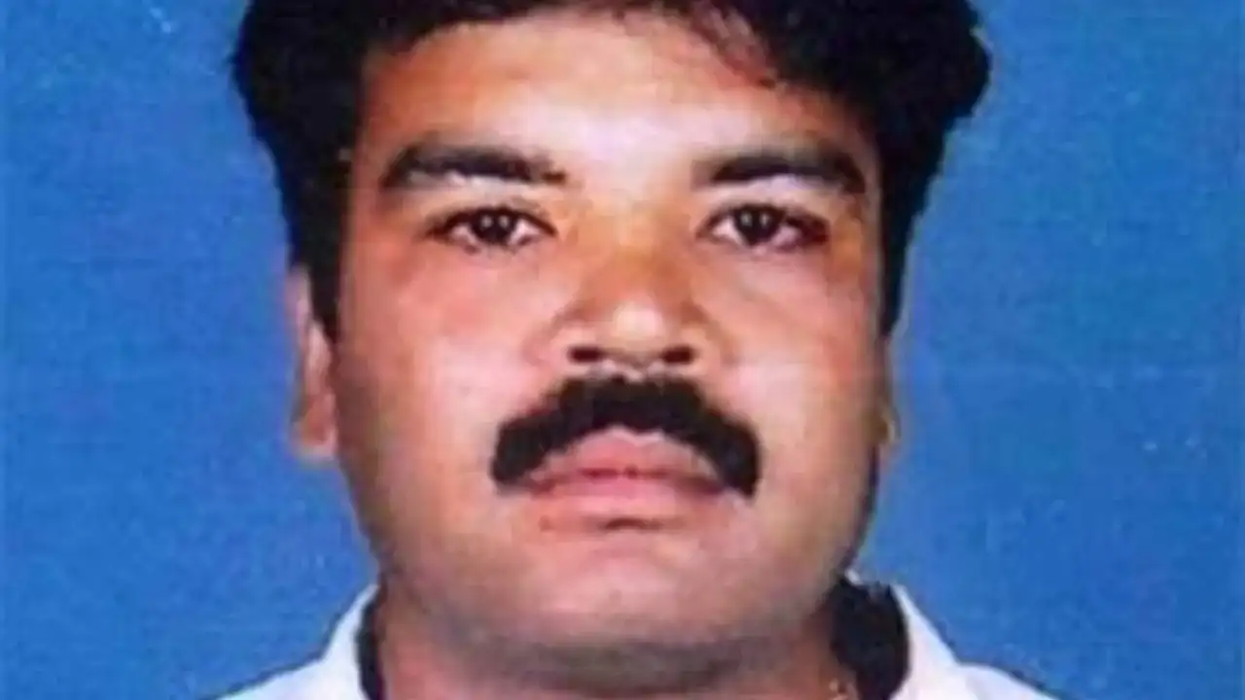
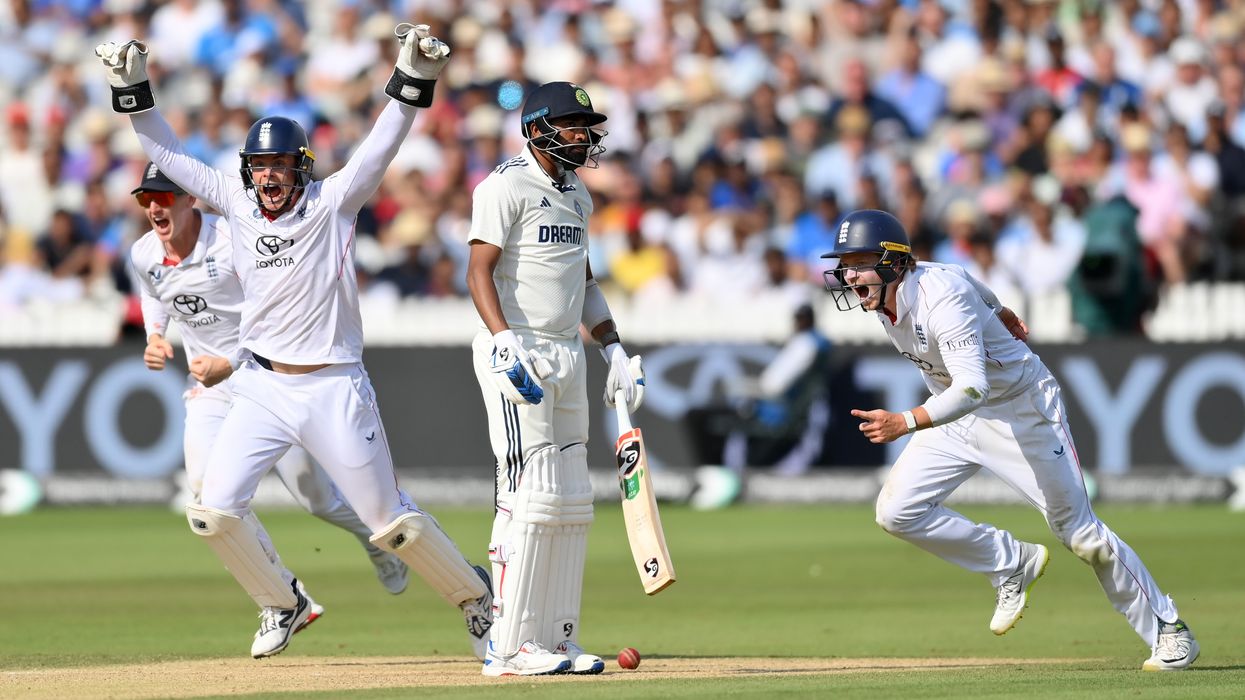

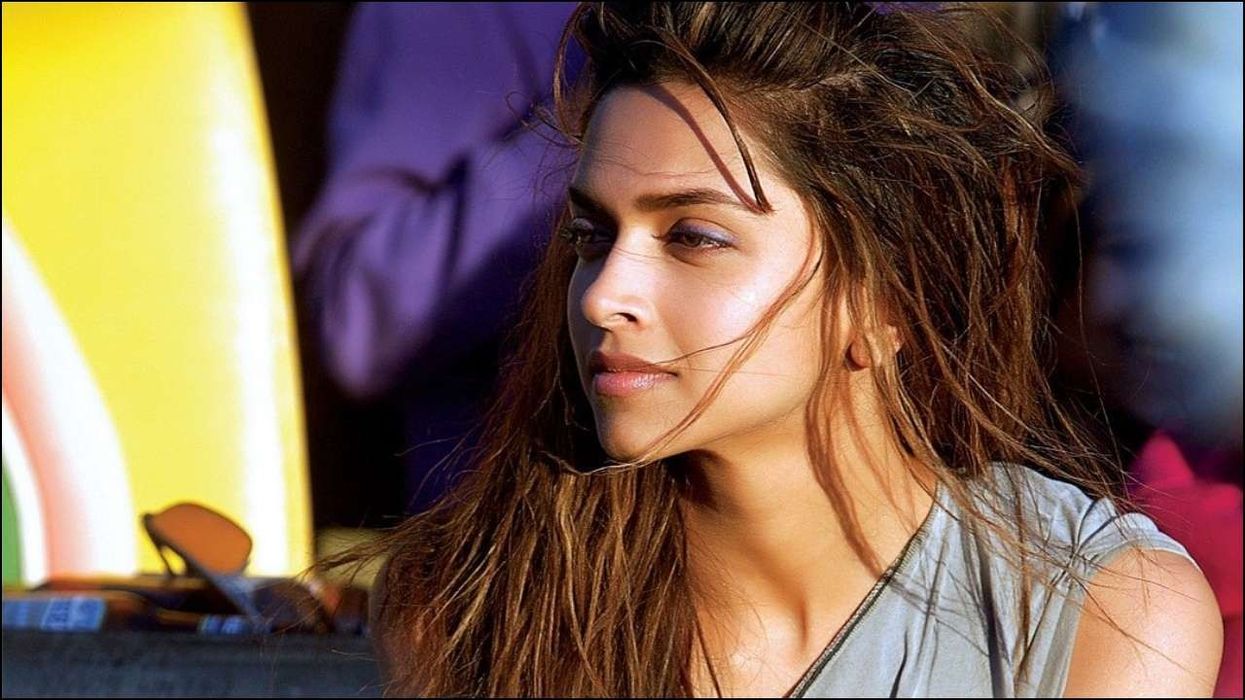

 Streaming blackout angers fans just days before new South Park seasonPrime Video
Streaming blackout angers fans just days before new South Park seasonPrime Video Global outrage grows as South Park vanishes from Paramount PlusWikipedia
Global outrage grows as South Park vanishes from Paramount PlusWikipedia 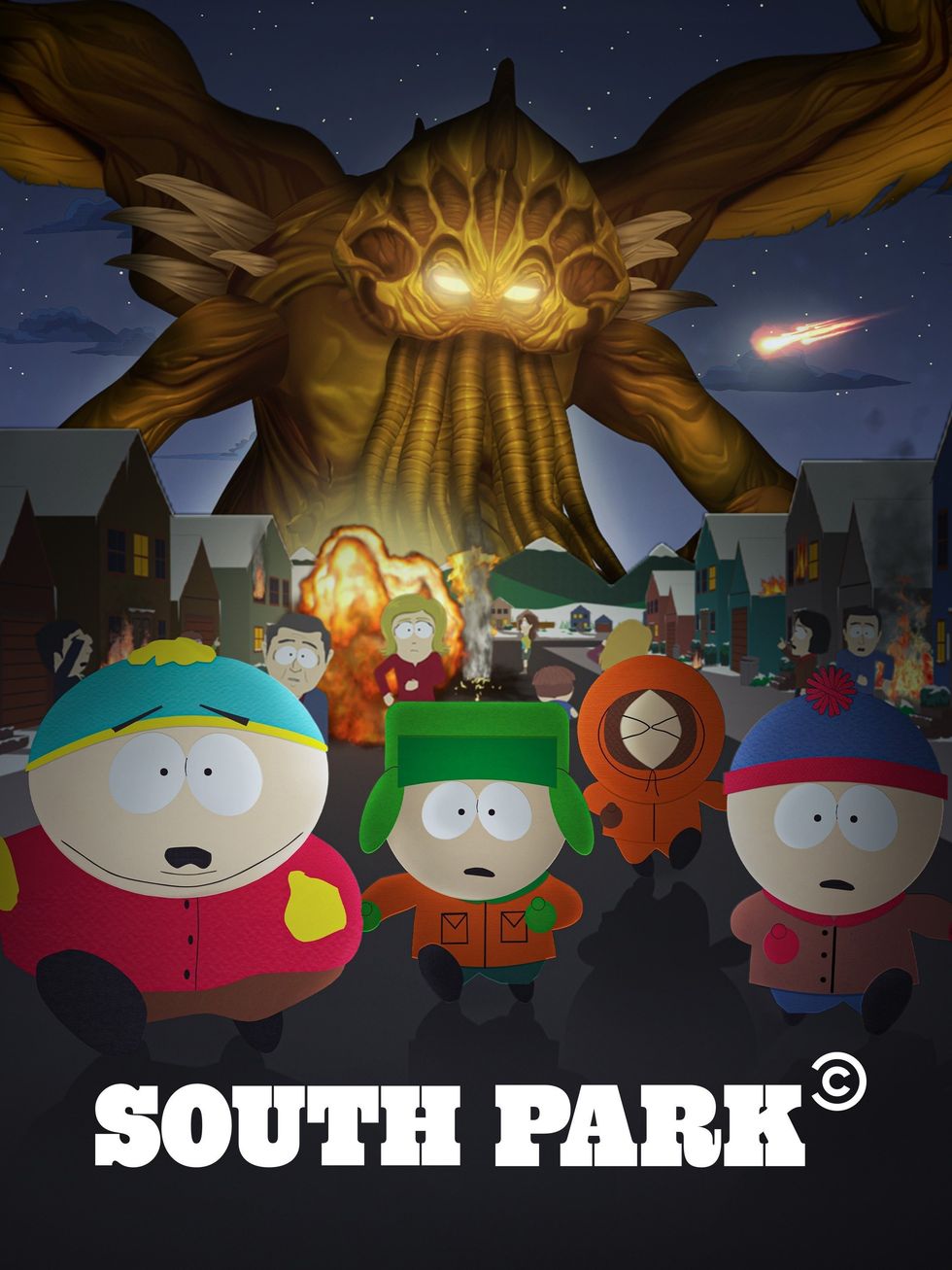 Fans slam Paramount and Skydance for blocking South Park accessRotten Tomatoes
Fans slam Paramount and Skydance for blocking South Park accessRotten Tomatoes 









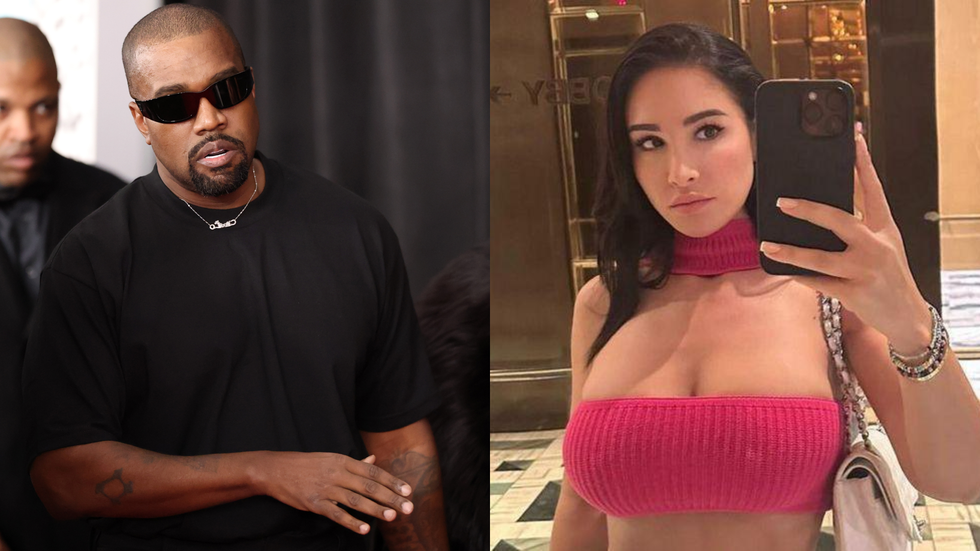 Kanye West’s spokesperson says the claims are inconsistent and defamatoryBBC/Getty Images
Kanye West’s spokesperson says the claims are inconsistent and defamatoryBBC/Getty Images 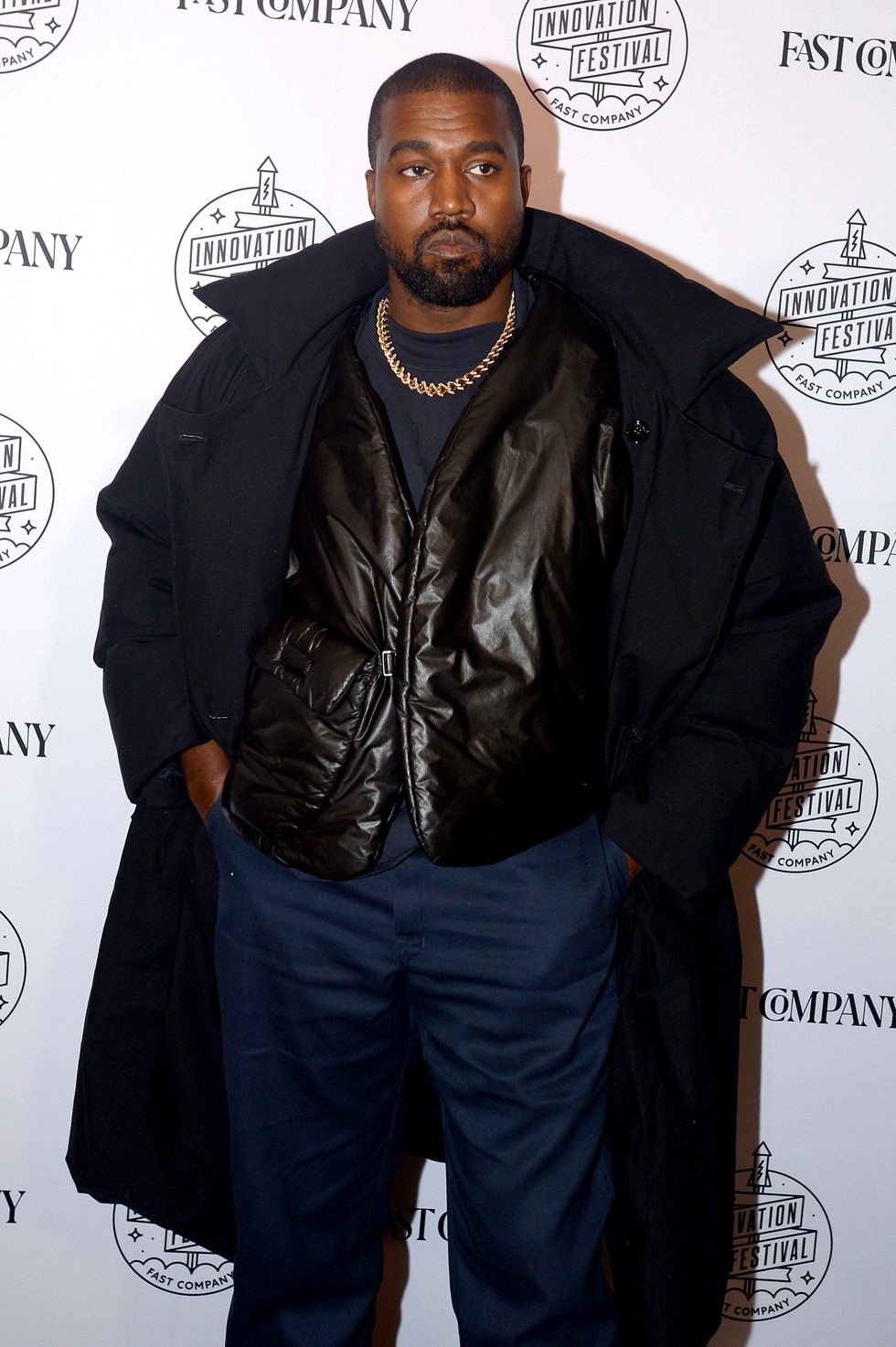 Photo of Kanye West from a past public appearance Getty Images
Photo of Kanye West from a past public appearance Getty Images  Attorney Lisa Bloom says Kanye West has already admitted to key allegations
Attorney Lisa Bloom says Kanye West has already admitted to key allegations 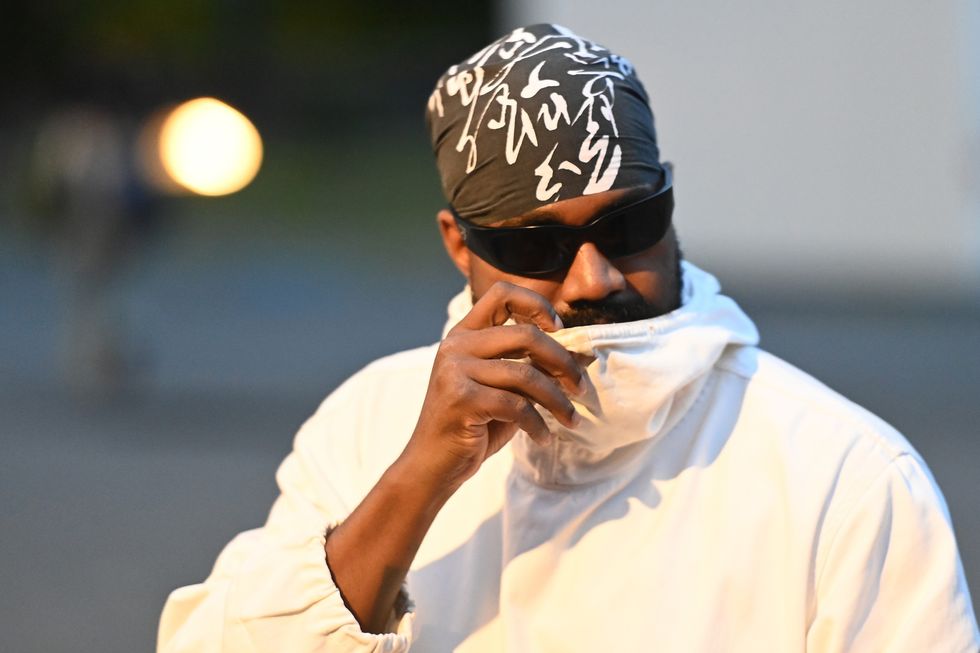 Kanye West’s spokesperson says the claims are inconsistent and defamatoryGetty Images
Kanye West’s spokesperson says the claims are inconsistent and defamatoryGetty Images 
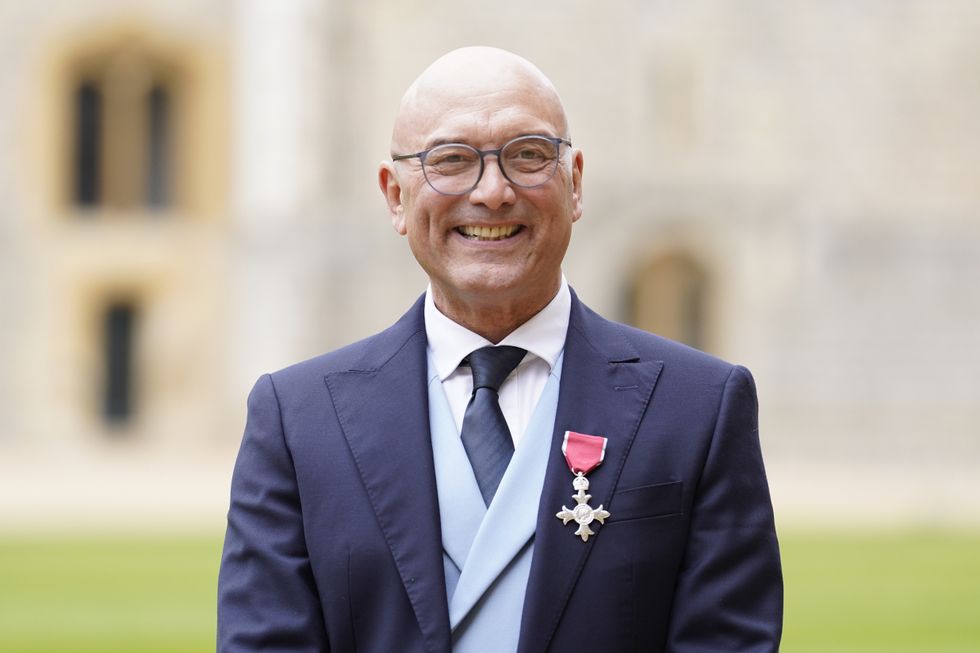 Gregg Wallace dropped from MasterChef after over 50 sexual misconduct claims surface Getty Images
Gregg Wallace dropped from MasterChef after over 50 sexual misconduct claims surface Getty Images 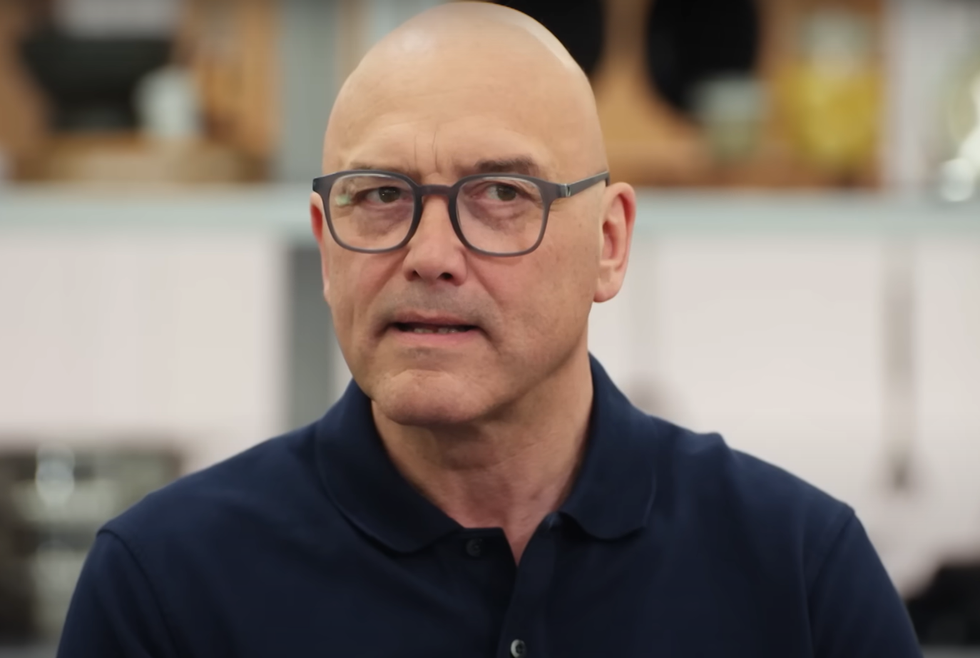 Gregg Wallace seen filming prior to being removed from the show Youtube Screengrab
Gregg Wallace seen filming prior to being removed from the show Youtube Screengrab 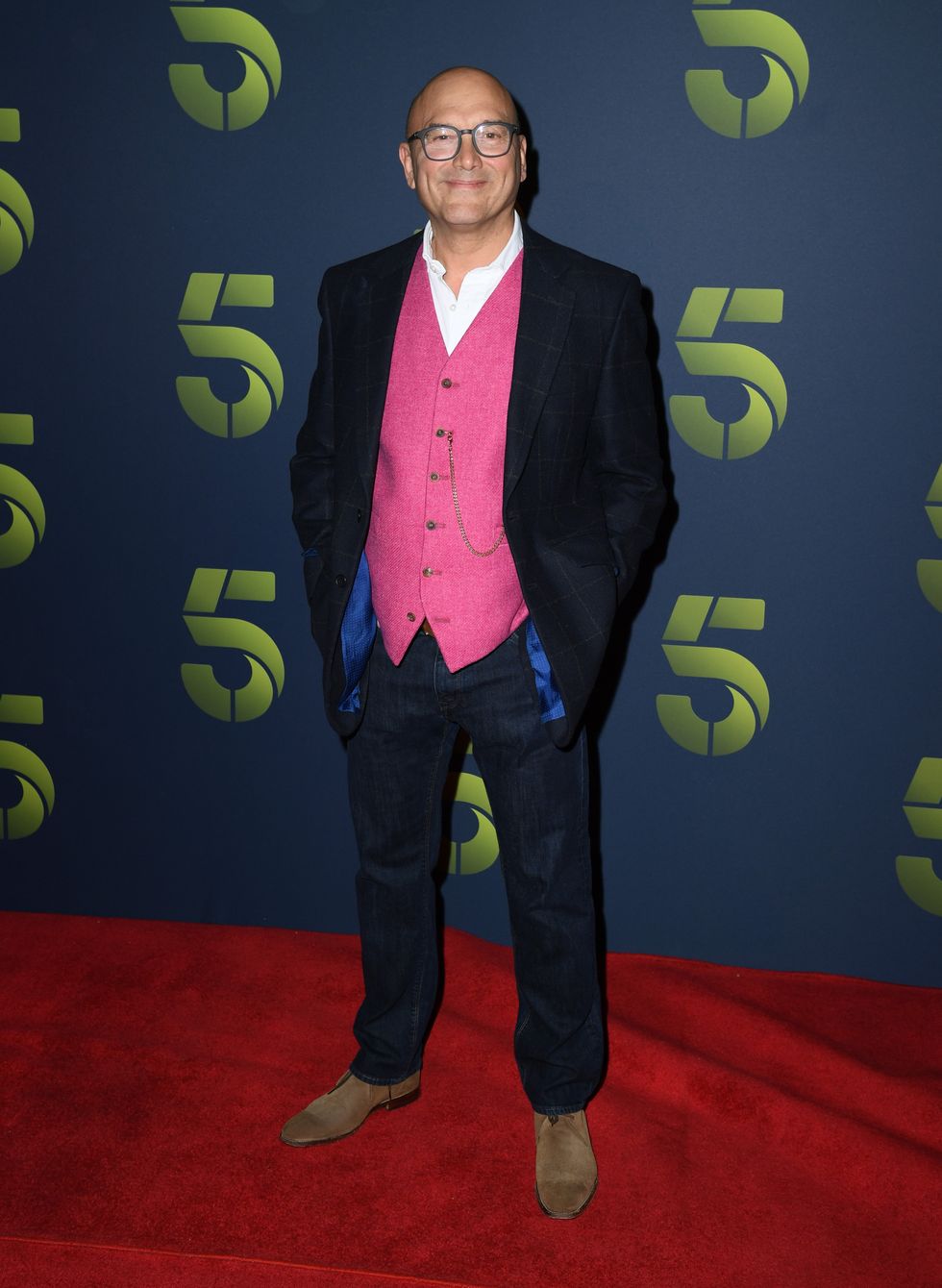 BBC confirmed it will not work with Wallace againGetty Images
BBC confirmed it will not work with Wallace againGetty Images Wallace claimed he was scapegoated amid a toxic production cultureGetty Images
Wallace claimed he was scapegoated amid a toxic production cultureGetty Images
 Pedro Pascal addresses fan backlash over playing Reed Richards at 50Getty Images
Pedro Pascal addresses fan backlash over playing Reed Richards at 50Getty Images 
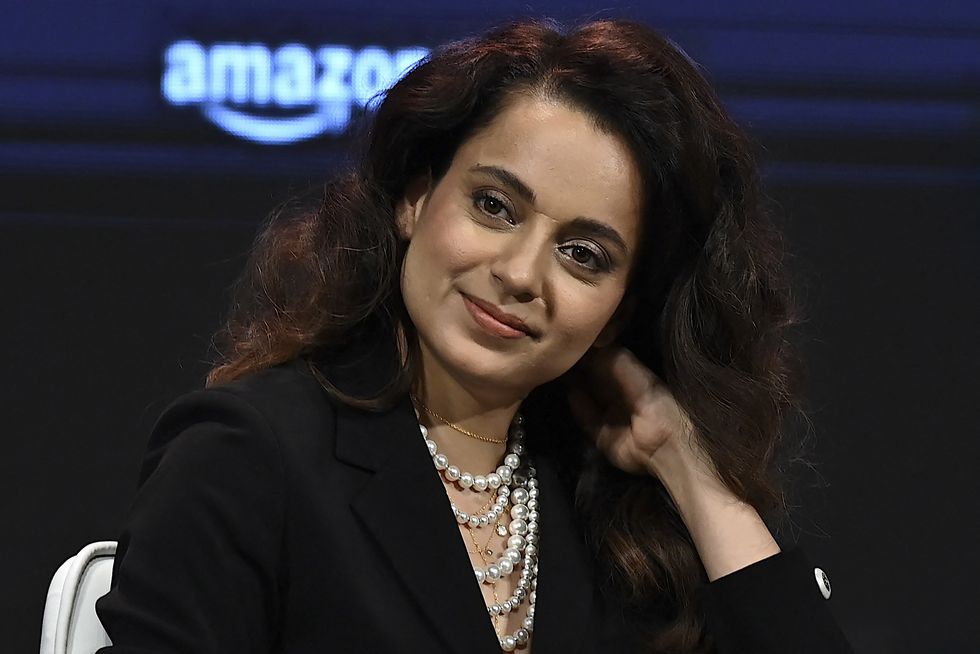 Kangana Ranaut speaks on equality and her role as a ParliamentarianGetty Images
Kangana Ranaut speaks on equality and her role as a ParliamentarianGetty Images 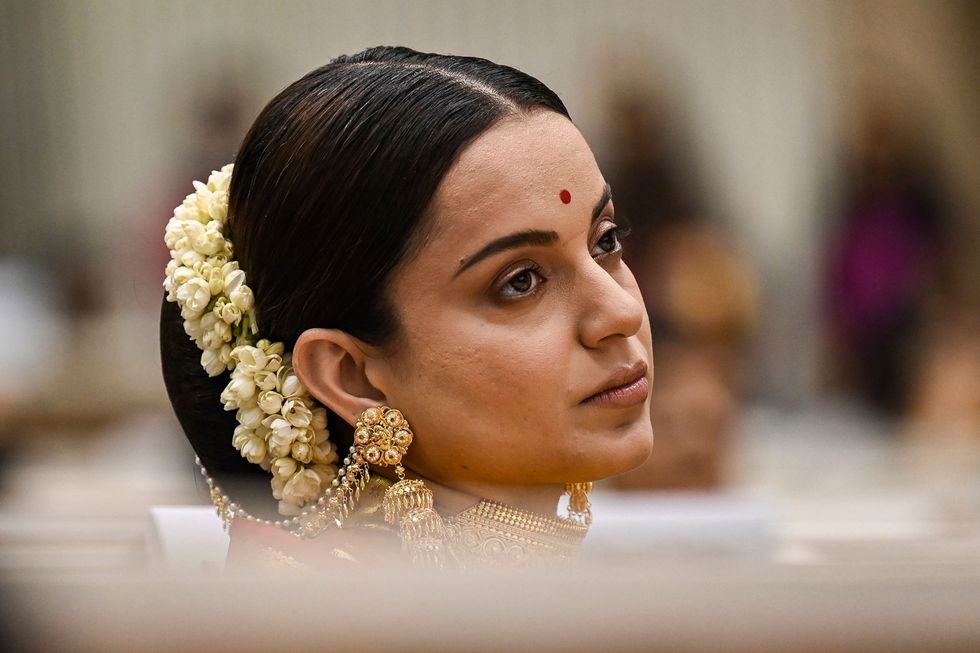 Kangana Ranaut calls equality a flawed idea, claims it’s ruining work ethic in today’s youthGetty Images
Kangana Ranaut calls equality a flawed idea, claims it’s ruining work ethic in today’s youthGetty Images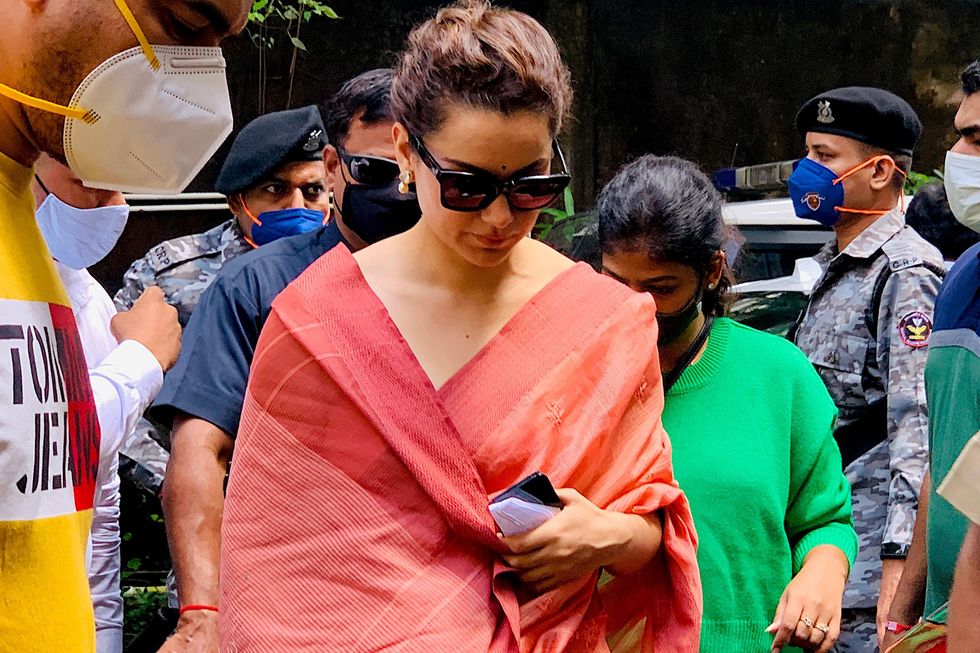 Kangana Ranaut says belief in equality has created a ‘generation of morons’ in viral Times Now interviewGetty Images
Kangana Ranaut says belief in equality has created a ‘generation of morons’ in viral Times Now interviewGetty Images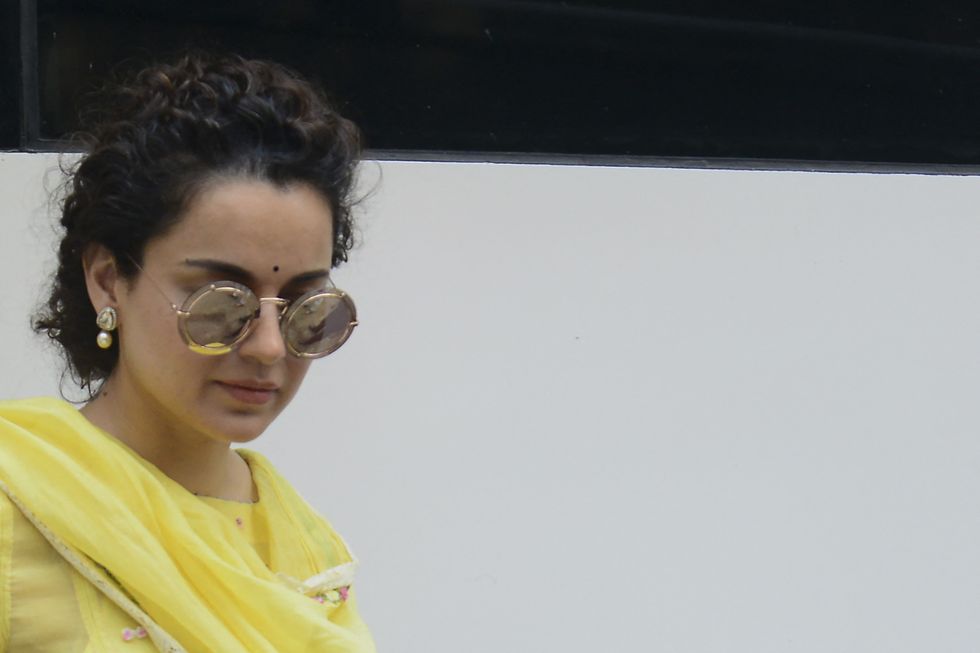 Kangana Ranaut blames equality for entitlement culture, says no two people are equalGetty Images
Kangana Ranaut blames equality for entitlement culture, says no two people are equalGetty Images